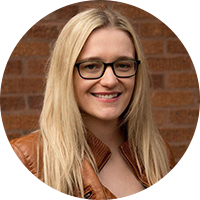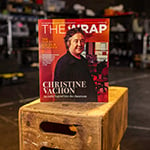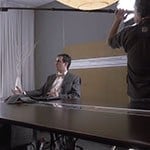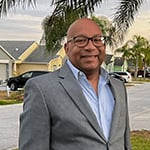Full Sail Stories
Published May 07, 2025
Faculty Spotlight: Alex Ginzo (Digital Cinematography)
Course director Alex Ginzo brings decades of experience working in film to his Introduction to Film & Video class.
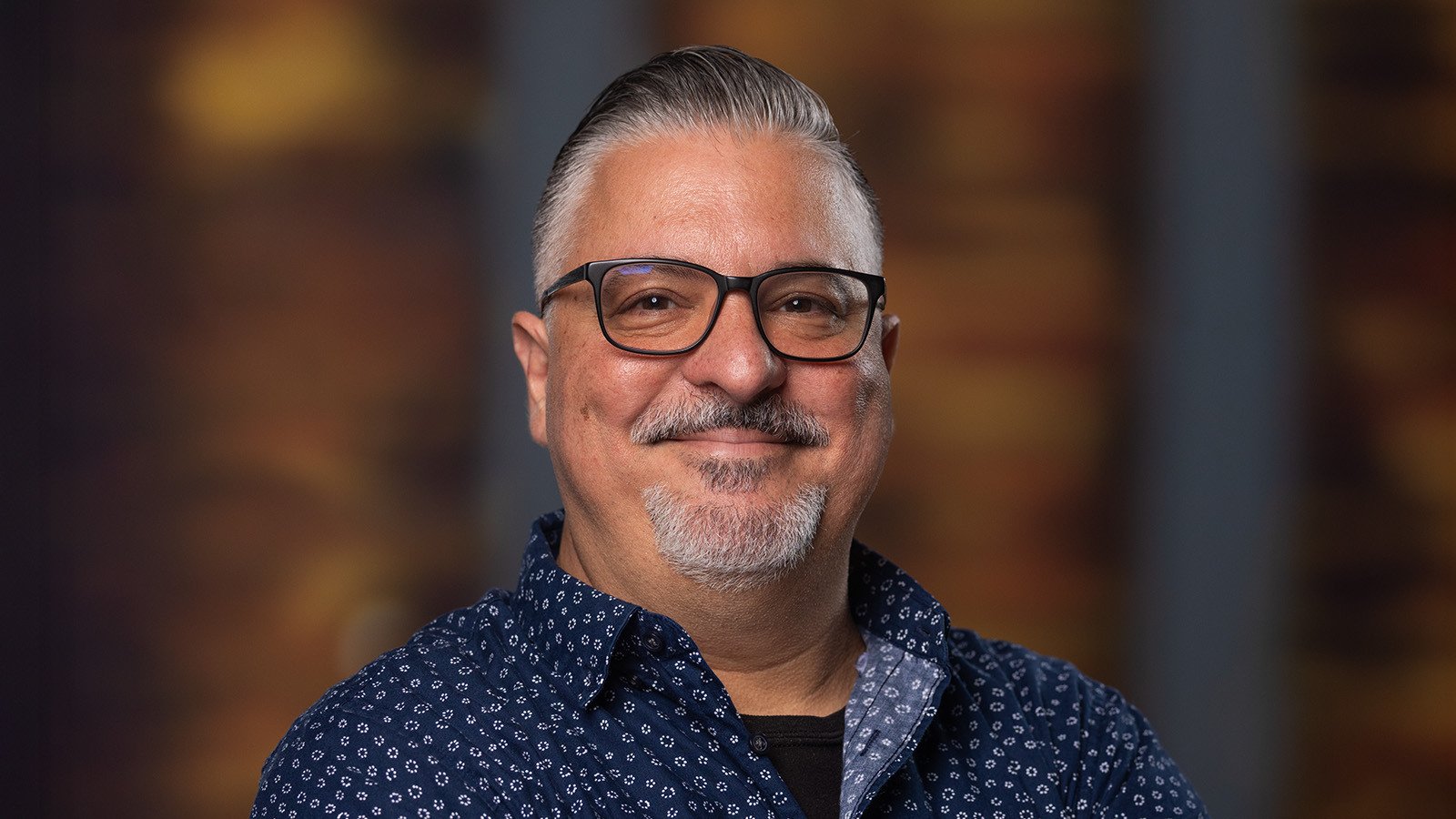
Full Sail’s Digital Cinematography bachelor’s program teaches an entrepreneurial approach to filmmaking, emphasizing the skills needed to become a “jack-of-all-trades” for a variety of film projects. Committed Digital Cinematography instructor Alex Ginzo, who has taught at Full Sail for more than 19 years, teaches Introduction to Film & Video, a course that helps students get started on their visual storytelling journey.
Alex became interested in movies when he was growing up in Miami: He worked at a video store and spent a lot of time discussing movies with his friends. After going to Orlando with his friends for a weekend, Alex decided to move there and pursue the Film Technology program at Valencia Community College’s East Campus. Valencia was where he chose to get involved in the audio side of filmmaking.
“When I was in film school, I wanted to be a lighting person [at first] because I liked theater lighting. But then when I tried to do it in film, it didn't quite translate the same way, and I didn't quite like it,” he says. “But I saw somebody pulling the boom mic over somebody else’s head and I was like, ‘I want to try that.’ And I fell in love with it and decided I wanted to be a sound mixer. Production sound was my thing and I've been doing that for about 30 years.”
As a production sound mixer, Alex is responsible for recording dialogue and minor sound effects on set. He’s worked for a beverage consulting company that had clients like Chili’s, Darden Restaurants, and cruise lines. He’s also worked on shows like Good Morning America, House Hunters, and Making the Band; on commercials for brands like Publix, Walmart, and Werther’s Original; and on feature films like Robo-Dog: Airborne, A Measure of Faith, and Endure. Early in Taylor Swift’s career, he recorded dialogue for a backstage shoot at the Hard Rock Café where she met a fan, and he also worked on a mockumentary featurette to accompany The Blair Witch Project called Curse of the Blair Witch filmed in DeLand, Florida.
“The featurette was supposed to be like, they're interviewing family members and people that knew the three [Blair Witch characters] that were missing. For instance, the sheriff of [fictional] Burkittsville was actually the sheriff of DeLand. They used a missing character’s real-life brother and interviewed him; he had to pretend his brother's missing. And then we interviewed a University of Central Florida professor that was supposed to be [the characters’] film school professor,” Alex remembers.
Although Alex has worked on some memorable projects, he’s proudest of the time he’s spent at Full Sail. He started his teaching career in the Film department and moved to the Digital Cinematography program several years later. (He also has an Entertainment Business degree from Full Sail and recently graduated as Valedictorian from the Digital Cinematography program.) Currently, he’s teaching Introduction to Film & Video, which focuses on the beginning stages of video projects. Alex talks about storytelling and structure, characterization, working titles and loglines, and idea generation in his class. He also focuses on making his students feel comfortable trying new things, asking questions, and accepting when their ideas don’t quite pan out.
“I want students to feel that it's okay to not know everything. Failure should be embraced so you can achieve greatness in your education,” he says.
When it comes to being successful as a student and beyond, Alex says that staying focused on the needs of a project and maintaining a solid network are crucial.
“[Your creative decisions] have to be for the good of the project and the good of the story, so that when the masses view it, hopefully they see why you loved it, why you liked it, why you gravitated toward that,” he shares. “As far as becoming a more entrepreneurial filmmaker, just make sure you build your network. Make sure that you make yourself known to other people and that you can get along with other people. People think that it's all about skill and what you know, but our business is a lot about being able to have good working relationships with not just the people you work for, but also the people you work with.”
